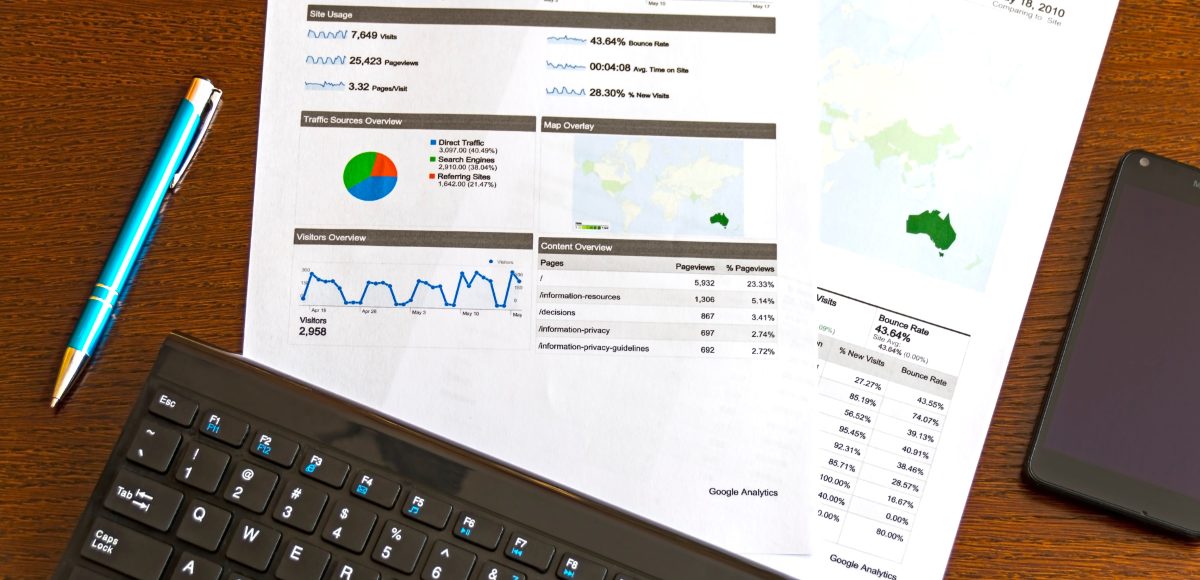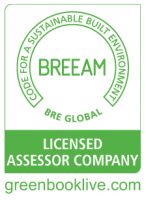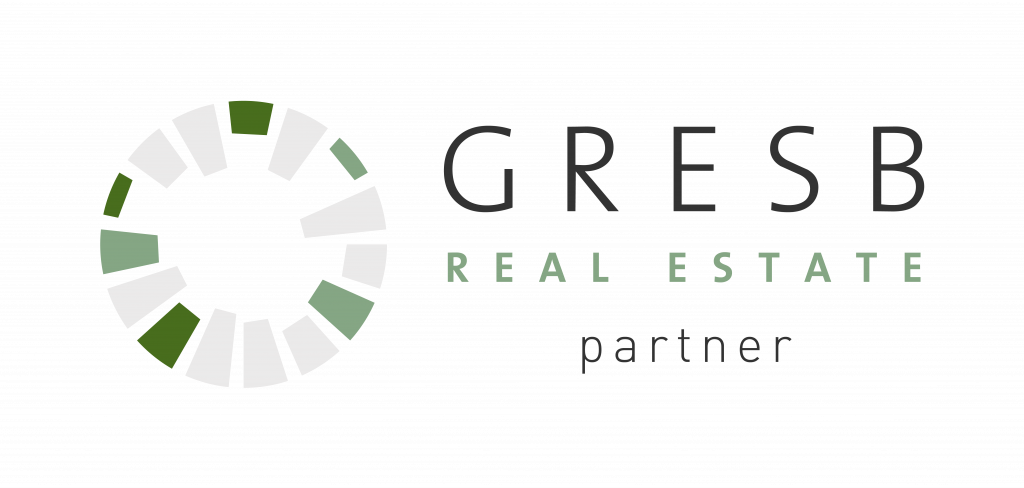
- January 3, 2023
What you need to know about the new Corporate Sustainability Reporting Directive requirements
Companies today are facing increasing pressure from stakeholders to produce sustainability reports that disclose accurate and competent information regarding environmental, social and governance factors related to their operations and supply chain. However, it has become increasingly difficult for investors and stakeholders to compare and benchmark sustainability reports due to the vast difference in information disclosed across multiple reporting standards and frameworks. Organisations have also been using their own internal party assurance to assess the report or are hiring external parties that do not follow a certified standard, nor are they undertaken by trained and accredited employees against a recognised set of criteria. The current framework has ultimately led to ineffective and unreliable reports, which in hindsight have exposed companies to significant greenwashing, especially when a proper materiality assessment based on an effective stakeholder engagement process is not carried out. The need for more rigorous and effective requirements is crucial in ensuring that companies publicly disclose adequate information about risks, impacts, mitigations, adaptations, and opportunities of their activities on people and the planet. The Corporate Sustainability Reporting Directive (CSRD) is set to roll out some big changes in the way that companies will report and implement processes. This blog article by our colleague Alexa Chanliau is to help our clients and readers with an overview of the upcoming changes and the key points that you should know before the directive comes into force.
What’s the CSRD and why do we need it?
The Corporate Sustainability Reporting Directive has been developed as a new rule to address the challenge faced by companies and investors to create alignment and comparability with sustainability disclosures by European companies and establish standard ESG reporting requirements. On a wider scale CSRD is incorporated within the action plan for EU Green Deal and EU’s Financing Sustainable Growth. These large-scale initiatives aim to develop a common taxonomy that creates synergies in consistent information from companies to investors, and wider stakeholders.
What’s the difference between the Non-Financial Reporting Directive (NFRD) and CSRD? How will it affect my organisation?
The CSRD is replacing the NFRD which previously only targeted certain large companies to disclose information their environmental and social impacts across their operations and supply chain. The CSRD will extend the scope of mandatory sustainability reporting to all large companies and all companies listened on regulated markets (except SMEs until 2026). The CSRD is planning to introduce rigorous reporting requirement for ESG factors as well as mandatory third-party assurance. The new reporting requirements are as follows:
- Companies with more than 250 employees
- Companies that have a net turnover that exceeds EUR 40 million
- Companies that have assets that exceed EUR 20 million
- Applying double materiality to identify ESG risks and opportunities internal and external to the company, this includes how the business impacts people and the planet
- Integrating ESG disclosures into financial and management reporting
- Providing more detailed information aligned with the EU Taxonomy and European Sustainability Reporting Standards (ESRS). For example, forward-looking information on targets and progress, due diligence processes and policies across the value chain, risk management etc.
- A mandatory third-party audit (assurance) for reporting
- Assurance on alignment with ESRS
- Requirement for companies to digitally ‘tag’ the reported information, so that it is machine-readable and feeds into the European Single Access Point
When and what is the timeline?
The CSRD for the previous criteria under NFRD will apply from January 2024 with the first reports due in 2025 and for the new criteria the CSRD will apply from January 2026 to then report in 2027. Furthermore, Non-EU businesses with substantial activity with the EU will have to report on their ESG impacts.
The current timeline:
- January 2024 for companies already subject to the NFRD (first reports due by 2025). This includes non-EU companies that meet the criteria noted above.
- January 2025 for all other companies that fall under the CSRD expanded scope (first reports due by 2026)
- January 2026 for listed SMEs except micro undertakings, small and non-complex credit institutions, and captive insurance undertakings (first reports due by 2027).
- January 2028 for third-country undertakings (first reports due by 2029).
How can E.S.G Solutions help?
We know this is a confusing and overwhelming time for companies, and we want to be there to support our clients and future clients as much as we can. E.S.G Solutions are therefore happy to provide assurance for your sustainability report that is in line with the CSRD through the Get It Fair framework; an ethical label and validation tool that includes ESG risk rating and a corporate sustainability reporting framework. The GIF rating will also offer a pathway to reasonable assurance for sustainability disclosures, which is the first of its kind. There has been a strong push for the shift from limited to reasonable assurance in the next few years. We will therefore support the definition and implementation of a procedure for carrying out the assessment of the compliance of a sustainability report with international standards, as well as support the minimisation of the level of exposure to related risks. More information will be released later this month so keep an eye out and follow our page for the latest updates.
Bibliography
europarl. (2022, December). europarl news. Retrieved from Sustainable economy: Parliment adopts new reporting rules for multinationals: https://www.europarl.europa.eu/news/en/press-room/20221107IPR49611/sustainable-economy-parliament-adopts-new-reporting-rules-for-multinationals
onetrust. (2022, December). onetrust.com. Retrieved from CSRD: EU ESG disclosure rule is approved: https://www.onetrust.com/blog/eu-csrd-corporate-sustainability-reporting-directive/
Harvard Law School Forum. (August,2022) corp.gov.law.harvard.edu Retrieved from EU Corporate Sustainability Reporting Directive- What do companies need to know: https://corpgov.law.harvard.edu/2022/08/23/eu-corporate-sustainability-reporting-directive-what-do-companies-need-to-know/
LEXOLOGY (2022, November) lexology.com from The EU has adopted the CSRD. What next?: https://www.lexology.com/library/detail.aspx?g=8b361c4f-5d84-4bbd-ae89-f364394ab300 WHITE & CASE (2022, December). Whitecase.com from Corporate Sustainability Reporting: New EU rules for large companies and listed SMEs: https://www.whitecase.com/insight-alert/corporate-sustainability-reporting-new-eu-rules-large-companies-and-listed-smes













